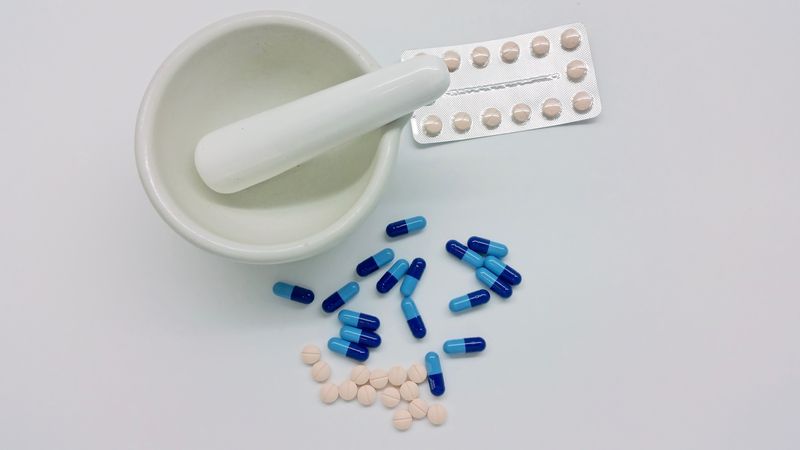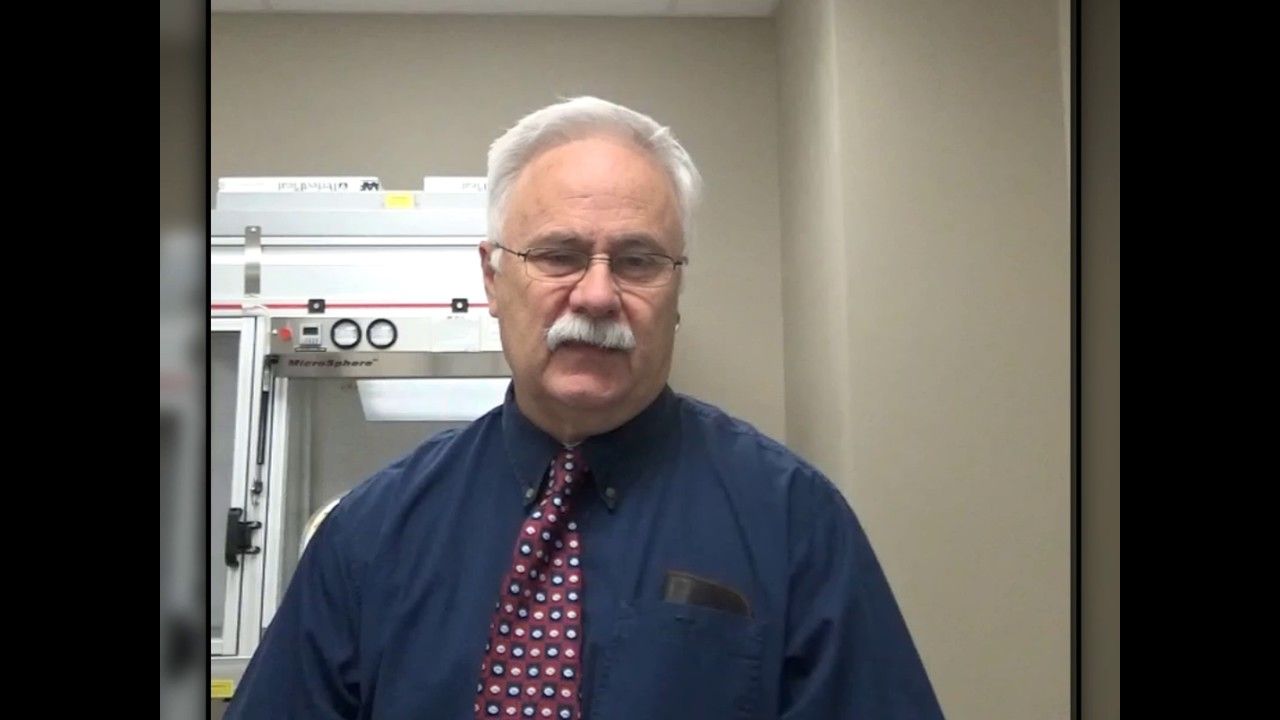Compounding

Why Compounding?
We offer a custom approach to medicine! No one patient is alike, so the one size fits all approach of commercially available medication doesn’t always work. Compounding allows pharmacists to work with doctors, nurse practitioners, and physician assistants to develop a medication unique to a patient.
Below are a few examples of the ways our pharmacy can customize medications with a doctor’s prescription to meet a patient’s needs:
Adjust strength or dosage
Change the ingredients in a medicine to exclude any unwanted ingredients, such as gluten or a dye that a patient is allergic to
Change the form of the medication for patients who, for example, have difficulty swallowing or experience stomach upset when taking oral medication
If you or a loved one have ever had difficulty taking a medicine let us work with you and your doctor to find a solution.
Jim's Compounding Corner


Q & A
What type of patients can benefit from compounded medication?
Any patient whom conventional medication has not worked for can benefit from compounded medication. Hospice patients, the elderly, and children are often good candidates for compounded medication.
What type of medication can be compounded?
Almost any kind! Compounded prescriptions are ideal for any patient requiring unique dosages and/or delivery devices.
Who regulates compounding?
Compounding is regulated by state boards of pharmacy. In addition, the FDA has stated that compounded prescriptions are both ethical and legal as long as they are prescribed by a licensed practitioner for a specific patient and compounded by a licensed pharmacy.
How can compounded medication improve patients ability to take medication?
A compounding pharmacist may be able to provide solutions for challenges that cause inability to take medications such as poor taste, upset stomach, and difficulty swallowing pills.
